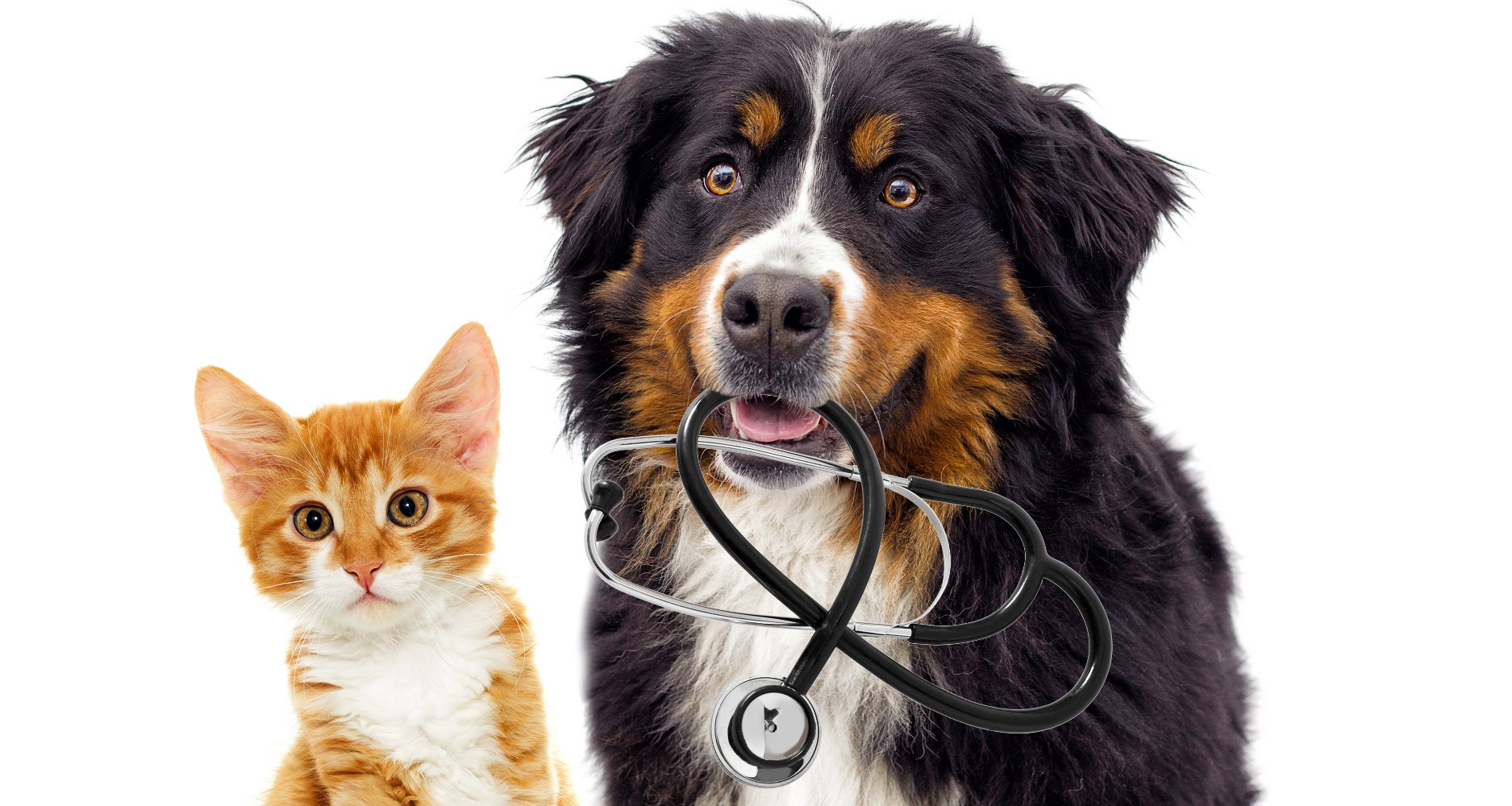HEALTH & WELLNESS

VOTING BOOTH

TRENDING

LIONS FOUNDATION OF CANADA DOG GUIDES
Lions Foundation of Canada Dog Guides and its founding program, Canine Vision Canada, was established in 1983. It’s the largest school of its kind in Canada with its training school in Oakville and breeding facility in Breslau.
POST-SURGERY PAIN MANAGEMENT IS CRITICAL

Surgery can be challenging for both pets and their owners. The recovery process is usually simple, but the first few days and weeks after surgery require special care for your pet.
Just like humans, it’s predictable that pets will experience pain following surgery. Since your pet can’t tell you where or how much it hurts, it’s important to recognize the signs of pain that a pet might show. Unrecognized and unnecessary pain can lead to further health issues. It’s critical to prevent predictable pain and the formation of new inflamed areas that could lead to complications.
Identifying Pain Following Surgery
Pain associated with surgery has both physical and emotional components. The most common sign of pain is a change in behaviour.
Changes in behaviour due to post-operative pain may include:
- A normally vocal pet becomes quite subdued, while a normally quiet pet vocalizes more
- Reluctance to interact with other pets and owners
- Decreased interest in playing
- Spends more time in bed
- Display of aggression when approached or stroked
- Restlessness and anxiety
- Hiding and spending time alone
Other signs of pain that a pet might show after surgery are as follows:
- Not eating or drinking
- Panting, shaking or trembling
- Abnormal posture, such as crouching or hunching body
- Not wanting to walk or move
- Wanting to lick or chew at surgical site
- Decreased grooming
- Flinching or increased body tension when surgical site is gently touched
- Inappropriate eliminations (urinating or defecating in the house)
If these signs occur, your pet may be experiencing pain. Consult with your Veterinary Healthcare Team for advice on pain management. An essential part of veterinary medicine includes compassionate care by preventing and managing pain.
Post-surgery pain relief reduces anxiety and discomfort, which improves overall recovery and quality of life.
![]() Pain & Inflammation can be silent! If your dog/cat is showing any warning signs of disease, BOOK AN APPOINTMENT WITH YOUR VETERINARIAN TODAY TO LEARN MORE & TO GET THEM THE TREATMENT THEY NEED! Find a veterinarian near you.
Pain & Inflammation can be silent! If your dog/cat is showing any warning signs of disease, BOOK AN APPOINTMENT WITH YOUR VETERINARIAN TODAY TO LEARN MORE & TO GET THEM THE TREATMENT THEY NEED! Find a veterinarian near you.








